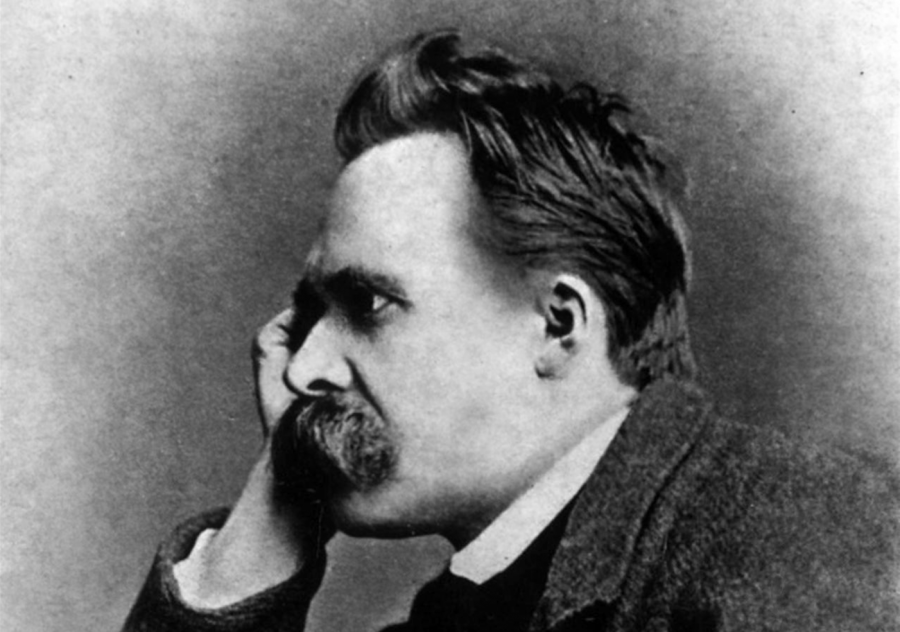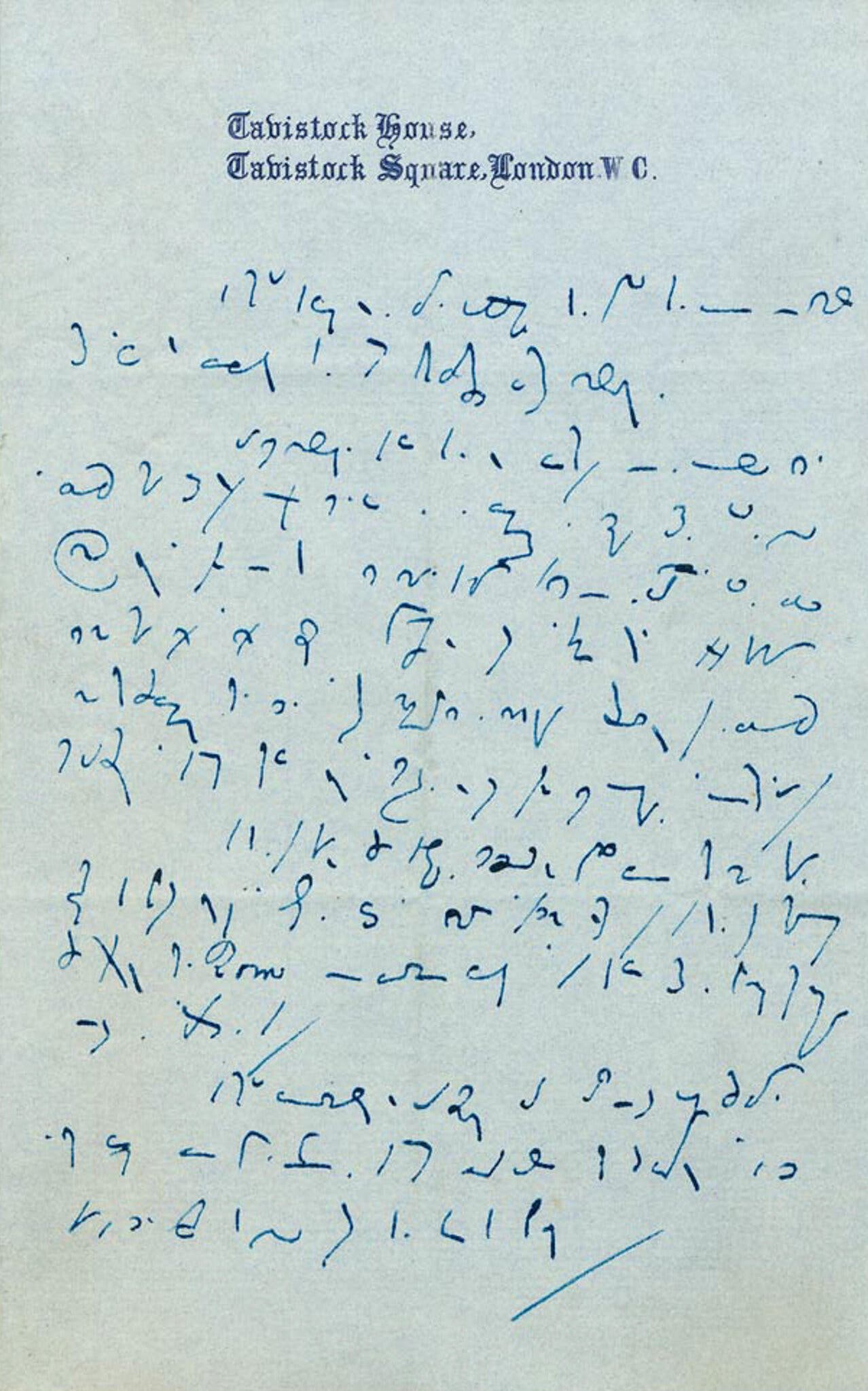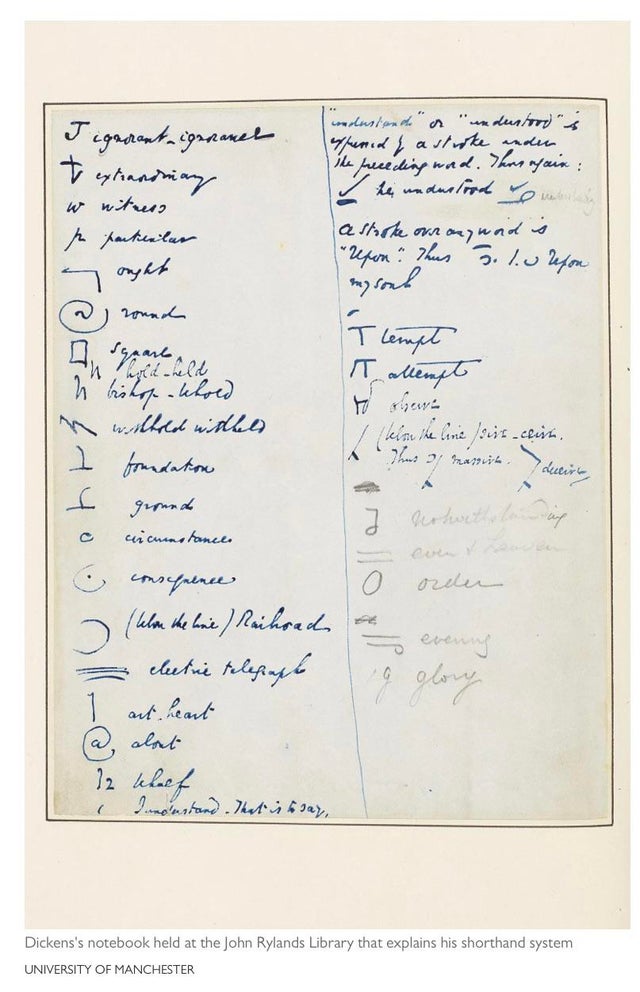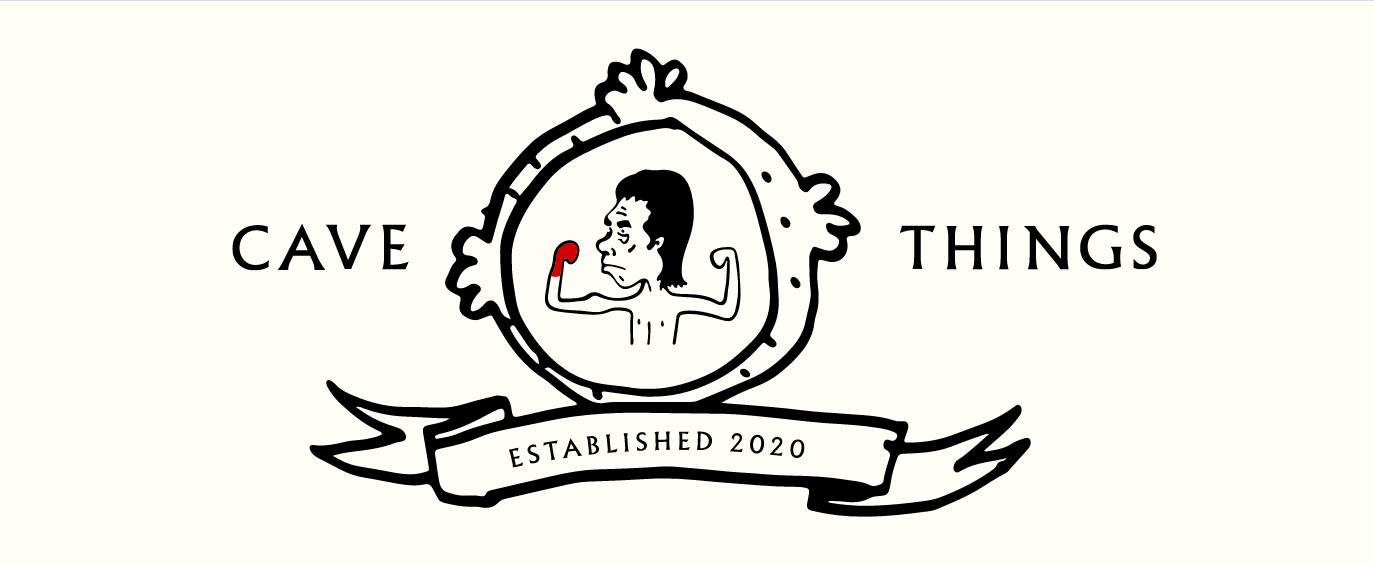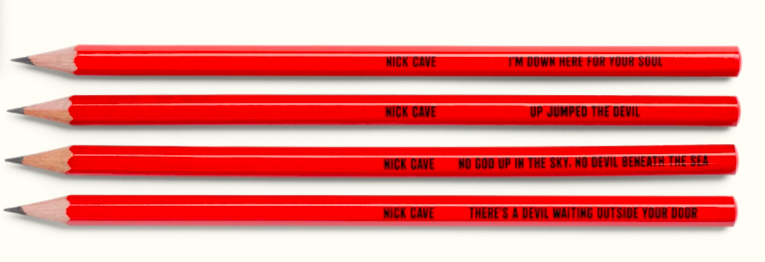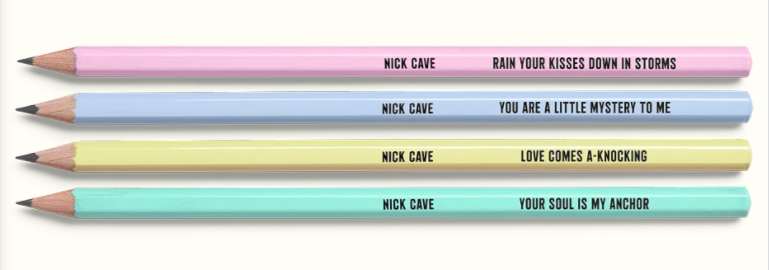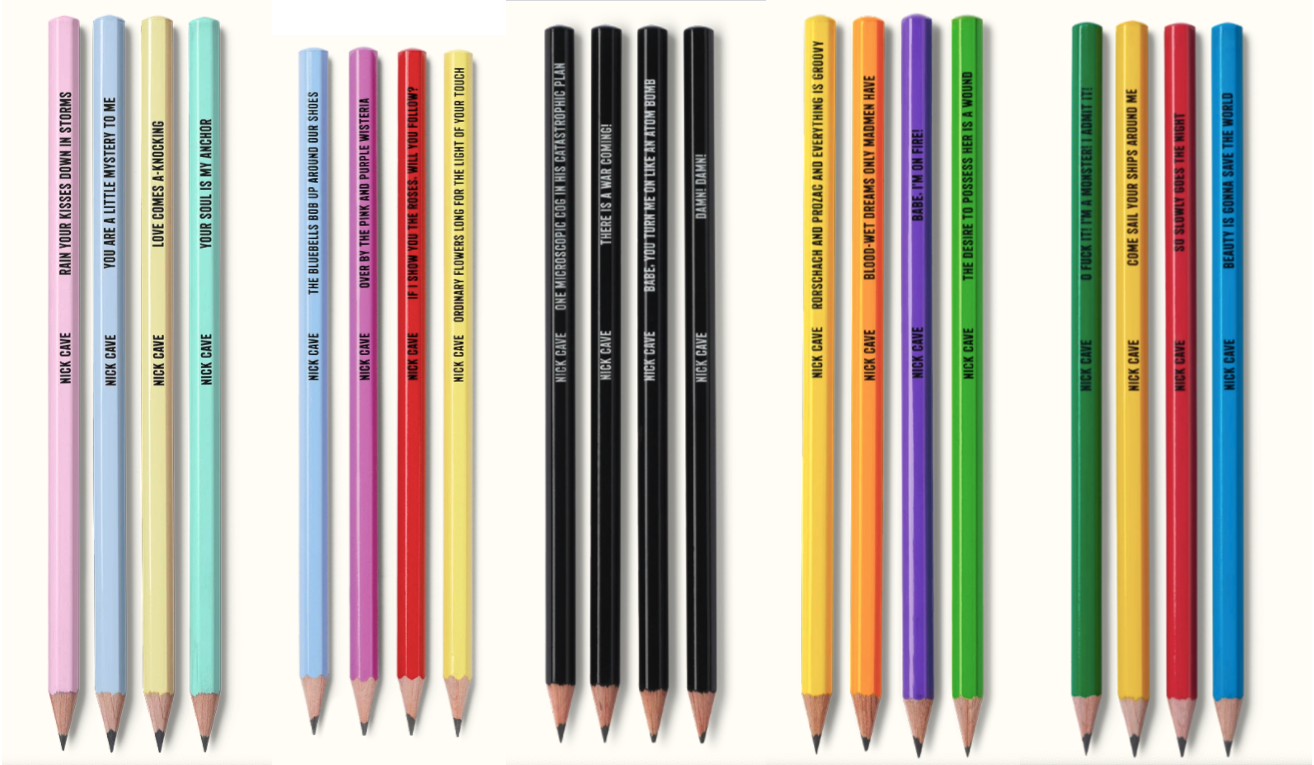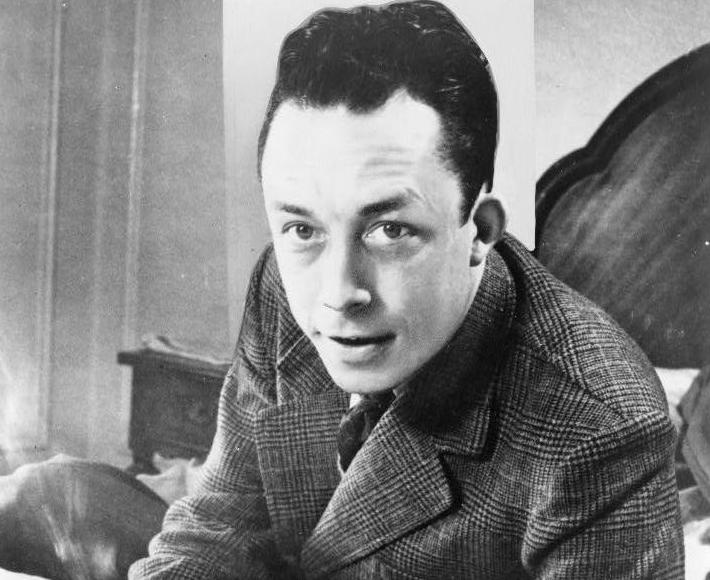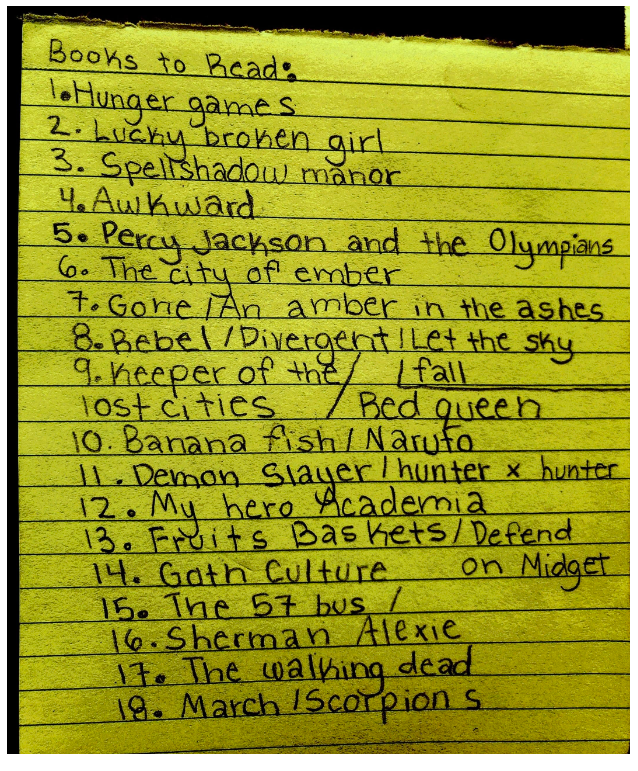
Librarians are champions of organization, and among its best practitioners.
Books are shelved according to the Dewey Decimal system.
Categories are assigned using Library of Congress Rule Interpretations, Library of Congress Subject Headings, and Library of Congress Classification.
And Sharon McKellar, the Teen Services Department Head at the Oakland Public Library, collects ephemera she and other staffers find in books returned to the OPL’s 18 locations.
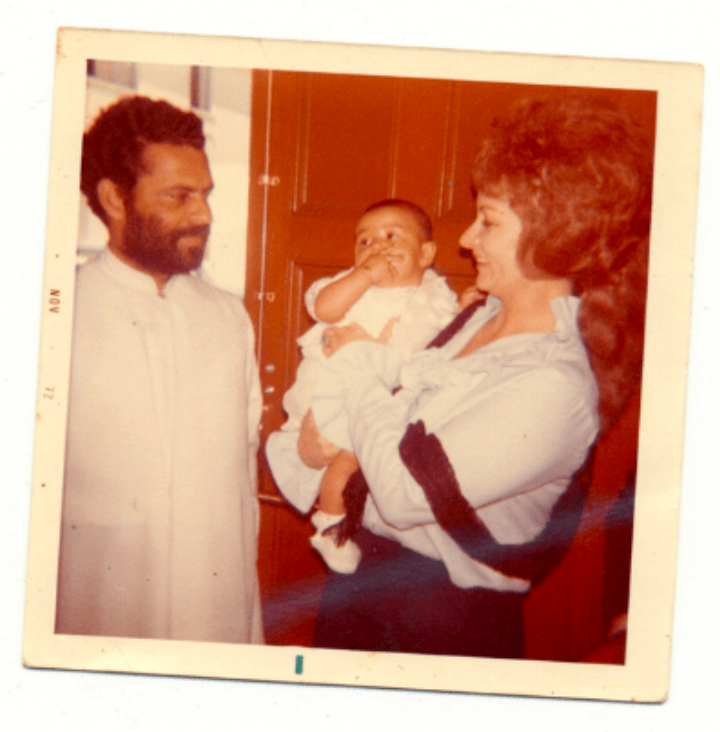
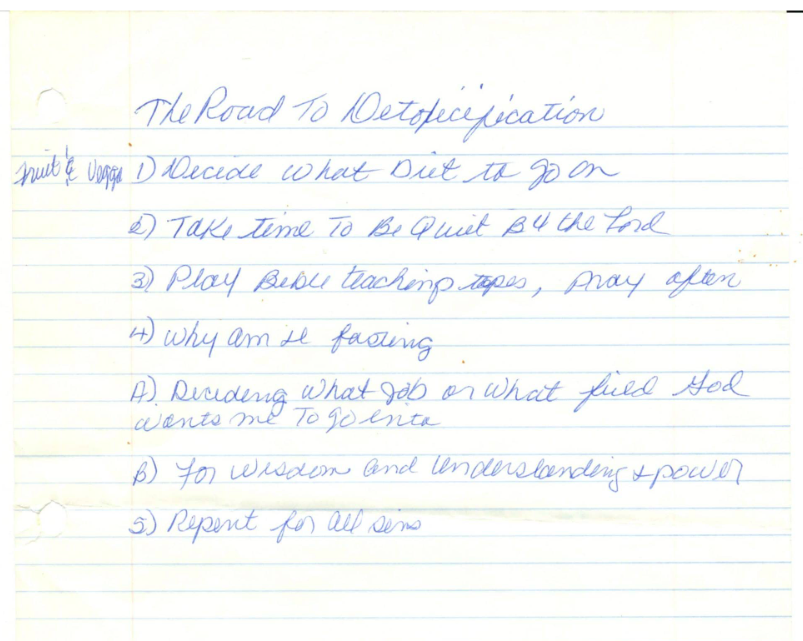

It’s an impulse many share.
Eventually, she began scanning them to share on her employer’s website, inspired by Found Magazine, a crowdsourced collection of found letters, birthday cards, kids’ homework, to-do lists, handwritten poems, doodles, dirty pictures, etc.
As Found’s creators, Davy Rothbart and Jason Bitner, write on the magazine’s website:
We certainly didn’t invent the idea of found stuff being cool. Every time we visit our friends in other towns, someone’s always got some kind of unbelievable discovered note or photo on their fridge. We decided to make a bunch of projects so that everyone can check out all the strange, hilarious and heartbreaking things people have picked up and passed our way.
McKellar told NPR that her project “lets us be a little bit nosy. In a very anonymous way, it’s like reading people’s secret diaries a little bit but without knowing who they are.”
The finds, which she stores in a box under her desk prior to scanning and posting, are pushing 600, with more arriving all the time.
Searchable categories include notes, creative writing, art, and photos.
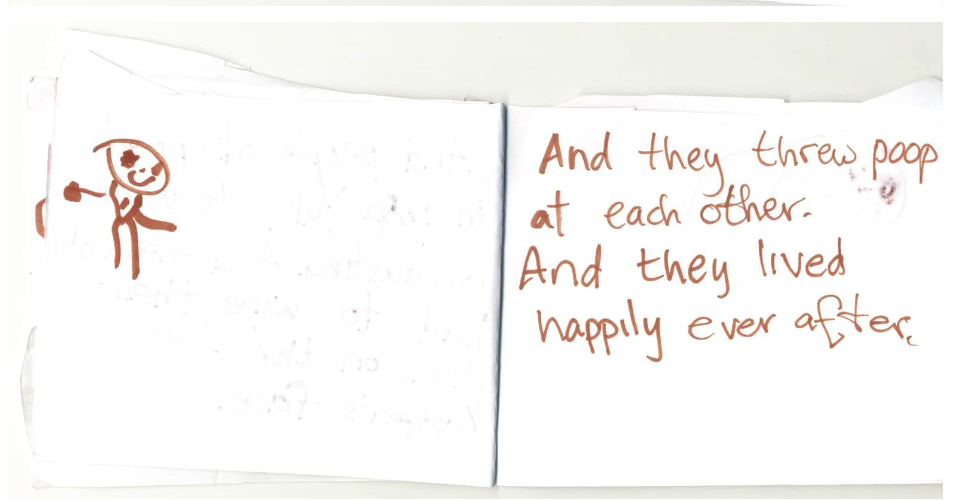
One artifact, the scatological one-of-a-kind zine Mr Men #48, excerpted above, spans four categories, including kids, a highly fertile source of both humor and heartbreak.
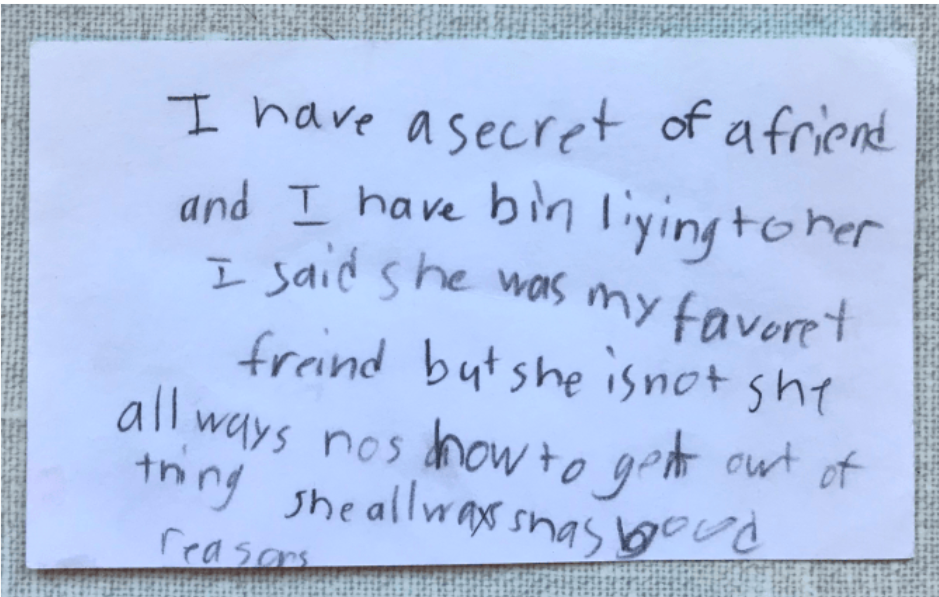
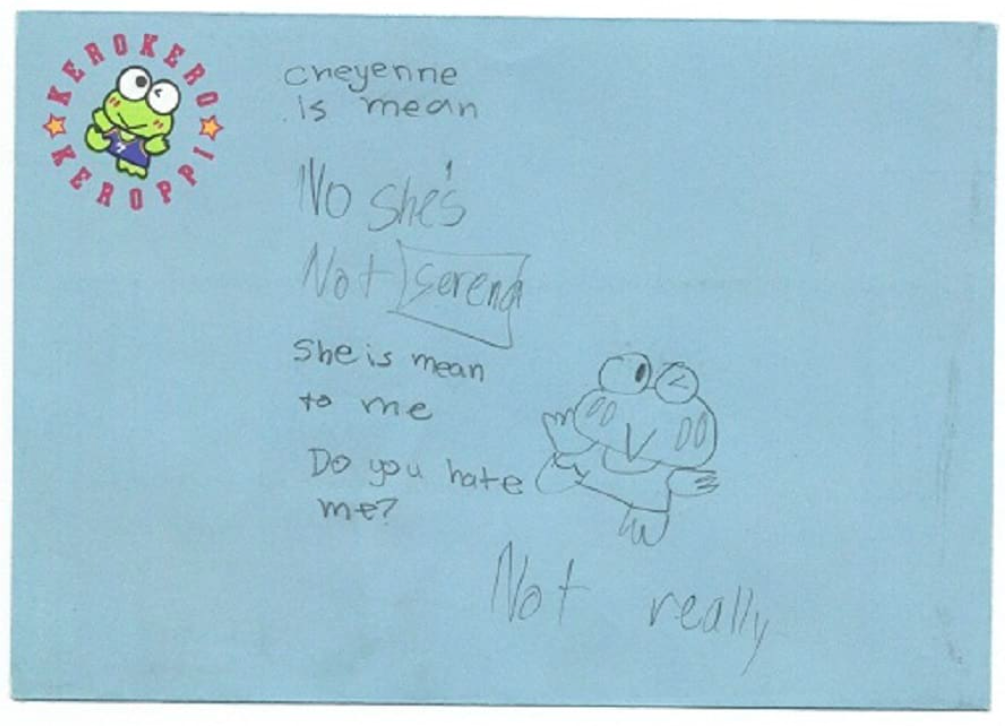
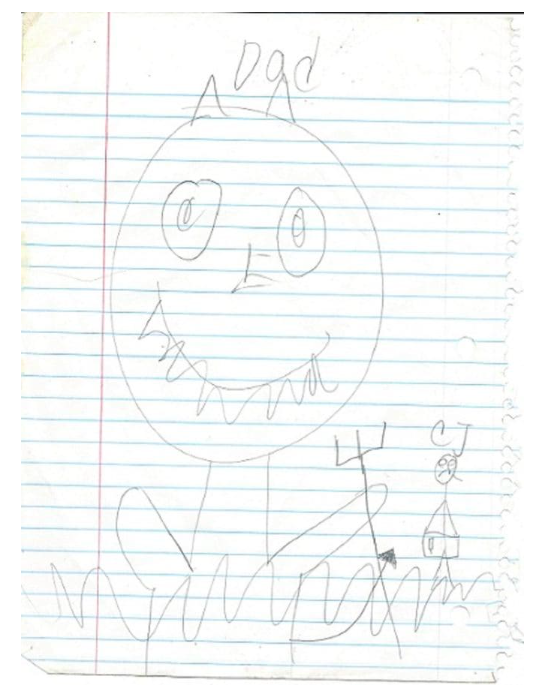
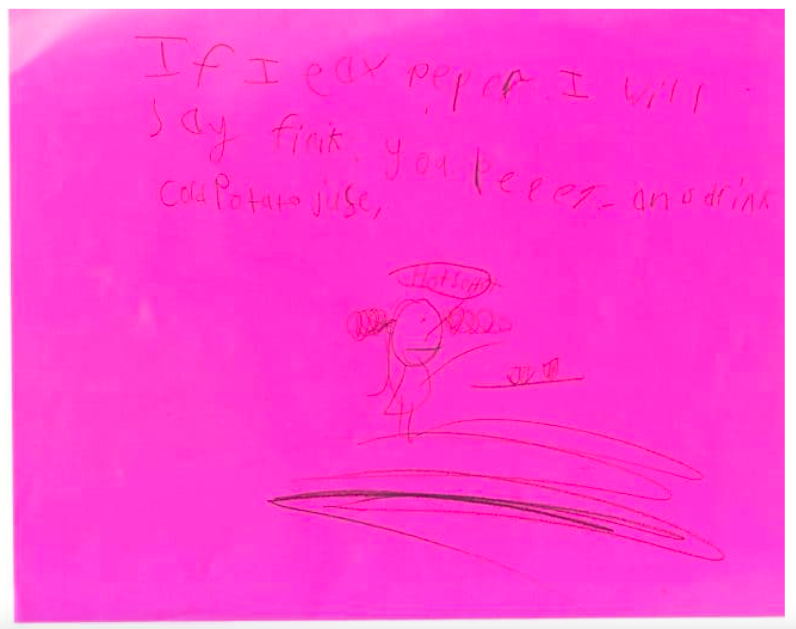
There’s a distinctly different vibe to the items that children forge for themselves or each other, as opposed to work created for school, or as presents for the adults in their lives.
McKellar admits to having a sweet spot for their inadvertent contributions, which comprise the bulk of the collection.
She also catalogues the throwaway flyers, ticket stubs and lists that adult readers use to mark their place in a book, but when it comes to placeholders with more obvious potential for sentimental value, she finds herself wondering if a library patron has accidentally lost track of a precious object:
Does the person miss that item? Do they regret having lost it or were they careless with it because they actually didn’t share those deep and profound feelings with the person who wrote [it]?
Actual bookmarks are not exempt…
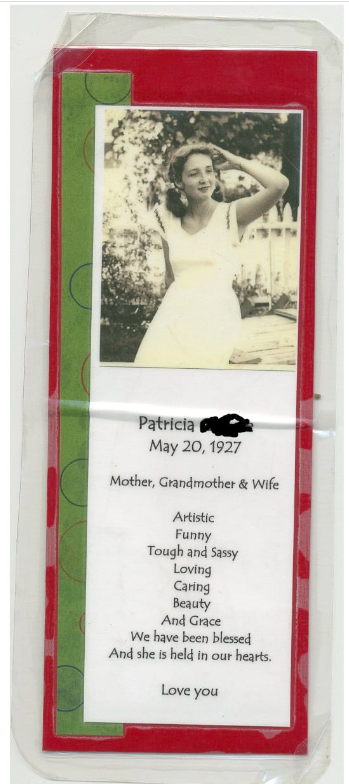
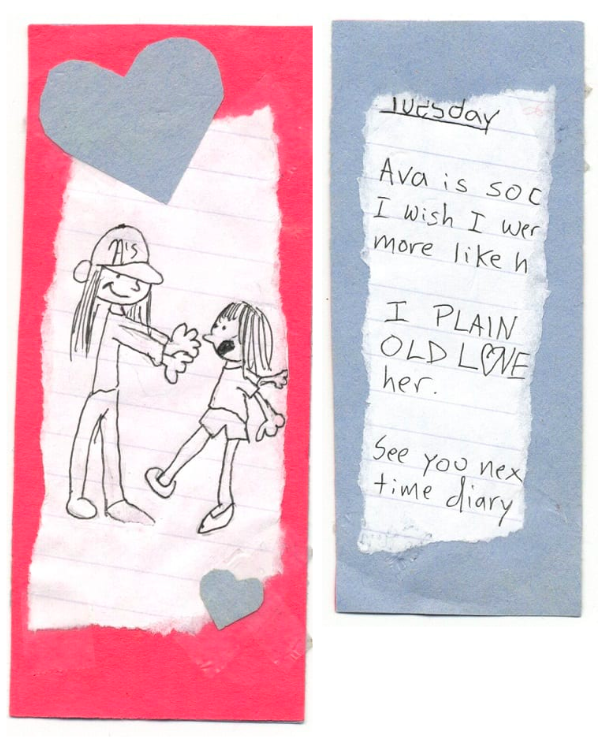
Future plans include a possible writing contest for short stories inspired by items in the collection.
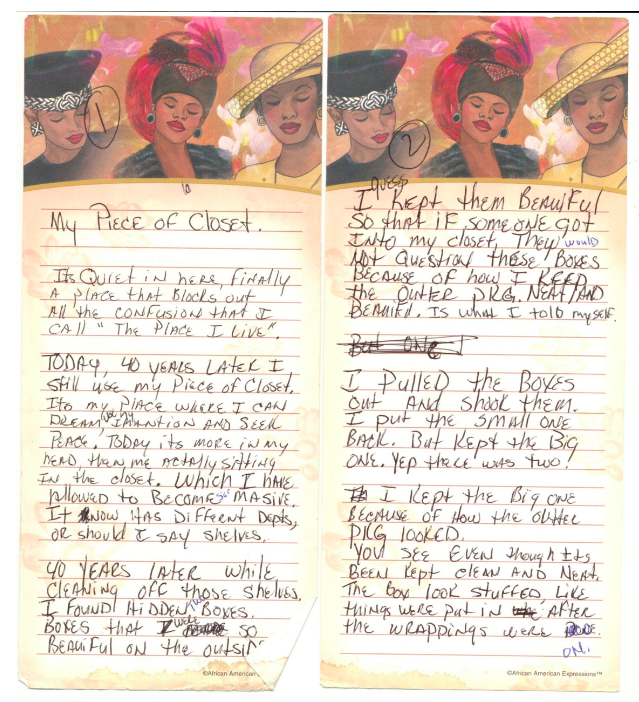
Browse the Found in a Library Book collection here.
Related Content
The New York Public Library Creates a List of 125 Books That They Love
- Ayun Halliday is the Chief Primatologist of the East Village Inky zine and author, most recently, of Creative, Not Famous: The Small Potato Manifesto. Follow her @AyunHalliday.
